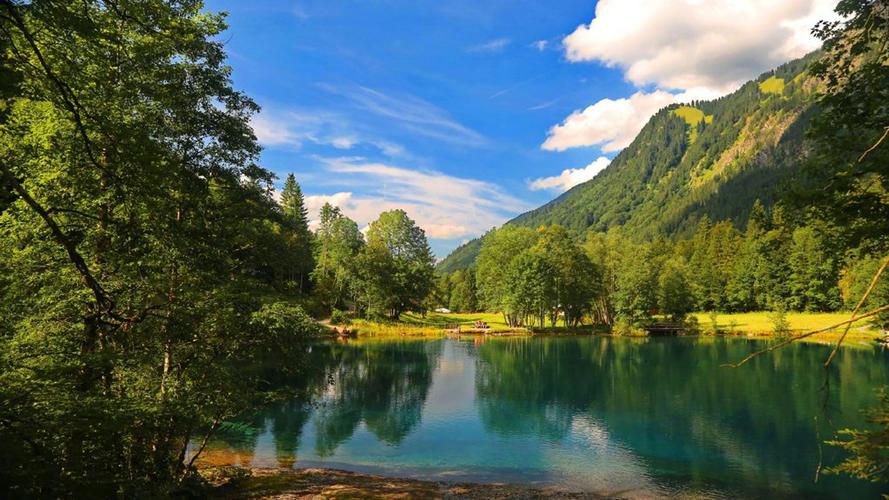Exploring the Fascinating Differences in How Cultures Face Death
Death is an inevitable part of the human experience. While it is a universal concept, the way different cultures view and approach death can vary widely. In this article, we will explore the fascinating differences in how cultures face death.
Introduction
In Western cultures, death is often viewed as a taboo subject, something to be avoided or feared. In many other cultures, however, death is accepted as a natural part of life, and even celebrated as a transition to a new phase of existence. Understanding the various cultural attitudes towards death can help us better appreciate and respect the diversity of human experience.
Cultural Attitudes Towards Death
In traditional Hindu culture, for example, death is seen as a natural and necessary part of the cycle of reincarnation. The body is cremated, and the ashes are believed to free the soul to move on to its next existence. In contrast, in traditional Chinese culture, the body is buried, and the deceased is believed to become an ancestor who can influence the lives of their living descendants.
In some African cultures, death is seen as a transition to a new, ancestral world, where the deceased can continue to influence their community. In Mexico, the Day of the Dead festival is a joyful celebration of deceased loved ones, where families come together to remember and honor their ancestors.
Expressions of Grief and Mourning
The way different cultures express grief and mourning also varies widely. In Western cultures, expressions of grief are often private, with mourners encouraged to keep their emotions in check. In many African cultures, however, grief is expressed openly and loudly, with mourners wailing and crying out. In some cultures, such as the Balinese, funerals are elaborate and theatrical events, with music, dance, and even humor.
Conclusion
Exploring the differences in how cultures face death can be an eye-opening and enriching experience. By understanding and respecting these various cultural attitudes and expressions of grief, we can broaden our own perspectives and appreciate the diversity of human experience. Whether we view death as a natural part of life, a transition to a new existence, or something to be feared, we can all find comfort in the knowledge that death is a universal experience that ultimately connects us all.
(Note: Do you have knowledge or insights to share? Unlock new opportunities and expand your reach by joining our authors team. Click Registration to join us and share your expertise with our readers.)
Speech tips:
Please note that any statements involving politics will not be approved.
